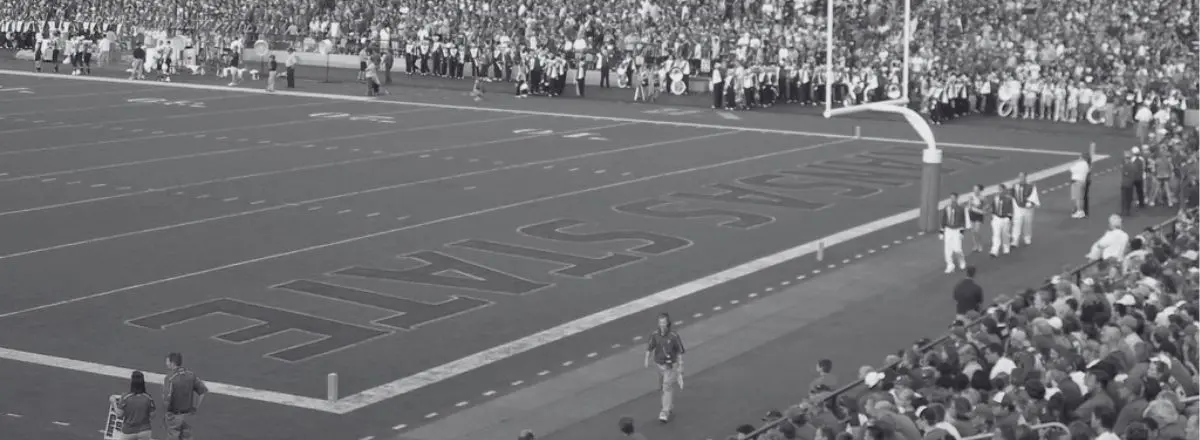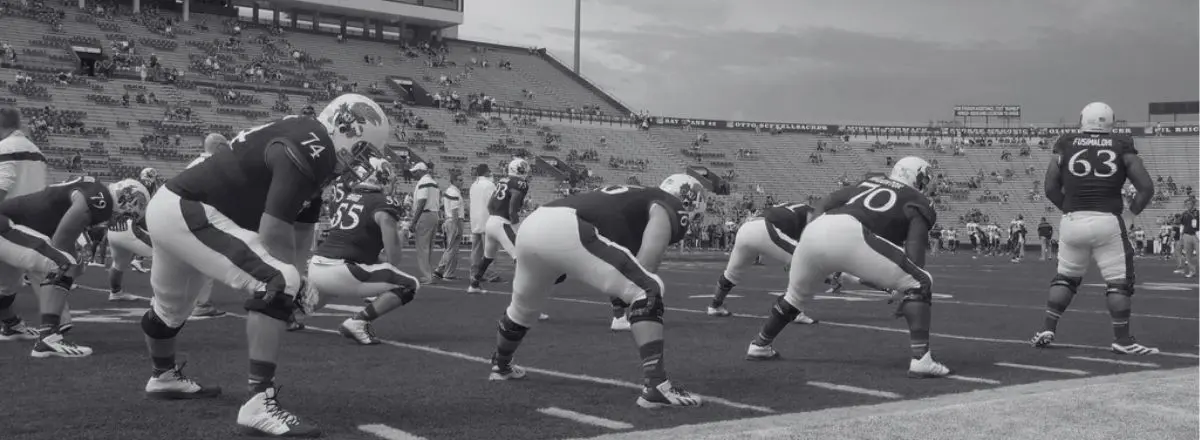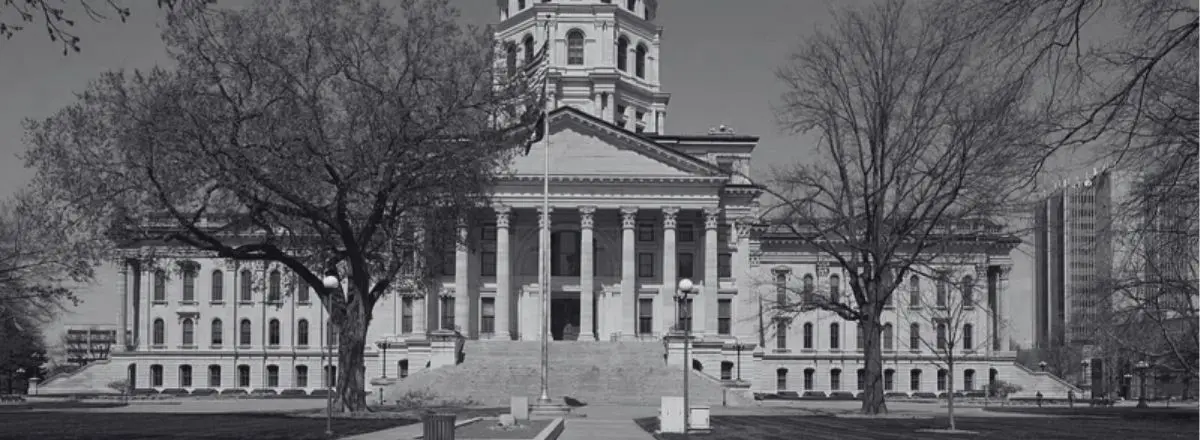Ever since a state budget bill passed that prevented Kansas sports betting operators from renewing their licenses, a multitude of questions have been bandied about the industry. All of them make some variation of the same inquiry: Why?
More specifically, what is the endgame here? Are legislators looking to end sports betting in Kansas? Do they want to bring in new sportsbooks? Are they looking to rein in the power held by the Kansas lottery?
Answers to the issue at hand are layered. A bunch of reasons are likely catalysts for the current situation.
Increasingly, though, many believe the primary goal is to apply the pressure necessary to raise the Kansas sports betting tax. This, of course, gives way to a wave of other questions. Some of them are not even directly related to the tax rate.
A Full Breakdown of the Kansas Sports Betting Drama
For many, this talk of Kansas sports betting contracts falls flat. This is to say, they don’t necessarily understand what’s happening. Anna Kaminski of the Kansas Reflector has a nice overview of the entire situation, which began abruptly this past April:
“Approval of a last-minute addition to Kansas’ state budget took the gambling and sports betting sphere by surprise, leaving the future of the industry in the state uncertain. The Kansas Legislature passed the state budget bill, which included a provision that bans the Kansas Lottery, the agency that oversees gambling in the state, from spending state money to negotiate any renewals, extensions or new contracts with sports wagering operators until July 2026.”
Most of the language used here is definitive enough to incite curiosity and, among sports betting enthusiasts, concern. If contracts for Kansas sportsbooks expire during this window, it would theoretically shut down the market, which went live back in 2022.
Except, here is where things take a bizarre turn: This ban may not impact Kansas online sportsbooks in any way. Most of The SunFlower State’s operators won’t see their contracts expire until sometime in 2027. This means they should all remain up and running past the no-negotiations window of July 2026.
This is not to say operators have nothing to worry about. The state legislature will reconvene before the window expires. Legislators could feasibly extend it.
With all of this said, we would wager against the Kansas sports betting market experiencing any short of shutdown or seismic overall. Too much money is at stake for both operators and the state. Both sides feel like they’ll work to find common ground.
Tax Revenue Could Be at the Heart of This Issue
Experts believe that policymakers are attempting to acquire the leverage necessary to increase the Kansas sports betting tax. This makes a good deal of sense. Right now, The Sunflower State taxes operators at a 10 percent clip. This is below the national average—and well beneath the rate charged by many states.
The New York sports betting market has a 51 percent tax rate. The same goes for the New Hampshire sports betting market, and for the Rhode Island sports betting market. Other states, meanwhile, have tax rates in the 20s (such as the Massachusetts sports betting market) and the 30s (like the Pennsylvania sports betting market).
As you can see, the Kansas sports betting tax is not an issue of market size or appeal. Some of the states assessing the highest rates are smaller-time operations. Even if The Sunflower State could bump up their tax clip to 20 percent, they stand to make millions of dollars more per year.
Just consider how much Kansas made during the 2024 calendar year. They raked in around $7.1 million in tax revenue. If you double the tax rate, this number shoots up to $14.2 million. That certainly makes a difference.
Kansas Would Be Far from the First State to Increase the Sports Betting Tax
Though Kansas online sportsbooks will no doubt push back against proposed tax increases, this move is far from novel. We have seen adjusted tax rates on a handful of occasions. Most recently, operators of sports betting in Illinois have been subjected to a bracketed system. The more money a sportsbook makes, the higher its tax rate.
It is not known whether regulators want the Kansas sports betting tax rate to follow a similar structure. It isn’t even known, for sure, whether this is the primary goal. But truth be told, it does feel like the most likely priority.
Given the precipitous rise of online sports betting in the United States, a 10 percent tax rate feels like a bargain for operators. Fewer than five states, in fact, tax online operators at a lower clip.
This should, in theory, give Kansas lawmakers some leverage. Then again, this can’t only be about the taxes. Something else must be at play. Otherwise, why ban the lottery outright?
Perhaps this is more about the Kansas sports betting market’s structure than anything else. Policymakers may want to gravitate toward a one- or two-operator model. Those setups can be easier to regulate. They also drive up the price tags of license acquisitions and retention.
For the time being, this situation is yielding more questions than answers. There is a chance it stays that way until the next round of legislature meetings convene…in 2026.
Take a look at this list of the top online sportsbooks so you can find one that works for all of your sports betting needs:
-
EXCLUSIVE BONUS
 50% bonus up to $250Play Now
50% bonus up to $250Play NowT&C apply, 18+, Play responsibly
-
EXCLUSIVE BONUS
 125% up to $1,250Play Now
125% up to $1,250Play NowT&C apply, 18+, Play responsibly
-
EXCLUSIVE BONUS
 225% up to $3,625Play Now
225% up to $3,625Play NowT&C apply, 18+, Play responsibly
-
 50% bonus up to $250Play Now
50% bonus up to $250Play NowT&C apply, 18+, Play responsibly
-
 125% up to $2,500Play Now
125% up to $2,500Play NowT&C apply, 18+, Play responsibly












